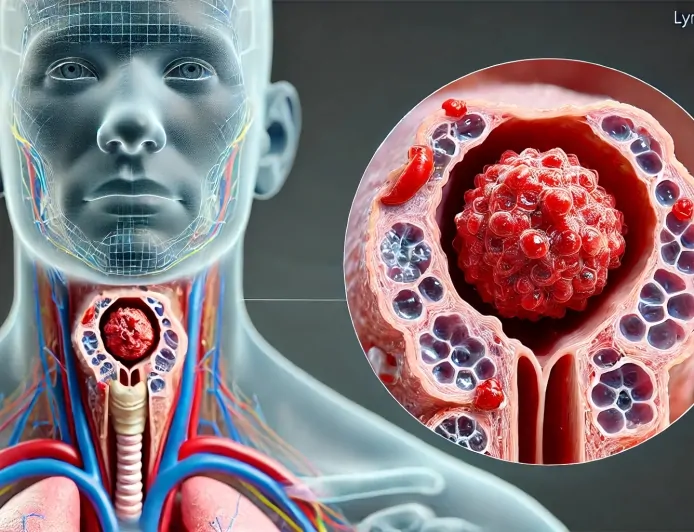What is Adenitis? Causes, Symptoms, Diagnosis, and Treatment
Adenitis is an inflammatory condition affecting lymph nodes. Learn about adenitis types, causes, symptoms, diagnosis, and treatment methods.

What is Adenitis? Causes, Symptoms, Diagnosis, and Treatment
What is Adenitis?
Adenitis is a medical condition characterized by inflammation of the lymph nodes. Lymph nodes play a crucial role in the immune system, helping the body fight infections. When these nodes become inflamed, it can indicate an underlying infection or disease.
Types of Adenitis
Adenitis can be classified into different types based on its cause and location:
- Cervical Adenitis: Inflammation of the lymph nodes in the neck.
- Mesenteric Adenitis: Affects lymph nodes in the abdomen.
- Suppurative Adenitis: A severe type characterized by pus formation.
- Tuberculous Adenitis: Caused by tuberculosis infection.
Causes of Adenitis
Adenitis is often caused by bacterial, viral, or fungal infections. Common causes include:
- Bacterial Infections: Streptococcus or Staphylococcus bacteria.
- Viral Infections: Epstein-Barr virus, cytomegalovirus.
- Tuberculosis: A serious infection affecting lymph nodes.
- Autoimmune Disorders: Conditions like lupus or rheumatoid arthritis.
Symptoms of Adenitis
The symptoms of adenitis may vary depending on the severity and underlying cause:
- Swollen and tender lymph nodes
- Redness and warmth in the affected area
- Fever and chills
- Pain or discomfort in the affected region
- Fatigue and general malaise
Diagnosis of Adenitis
Diagnosing adenitis involves a combination of clinical examination and medical tests:
- Physical Examination: Checking for swollen lymph nodes.
- Blood Tests: Identifying infections or underlying conditions.
- Imaging Studies: Ultrasound, CT scans, or MRI to assess lymph node size and inflammation.
- Biopsy: In cases of persistent or unexplained adenitis, a tissue sample may be taken.
Treatment of Adenitis
Treatment for adenitis depends on its cause and severity:
- Antibiotics: Used for bacterial infections.
- Antiviral Medications: If a virus is the root cause.
- Pain Relievers: Over-the-counter medications to reduce discomfort.
- Drainage: In cases of abscess formation, surgical drainage may be necessary.
- Rest and Hydration: Essential for recovery.
Frequently Asked Questions About Adenitis
1. Is adenitis contagious?
Adenitis itself is not contagious, but the underlying infection causing it may be.
2. Can adenitis go away on its own?
Mild cases may resolve with rest, but severe infections require medical treatment.
3. What happens if adenitis is left untreated?
Untreated adenitis can lead to complications such as abscess formation or systemic infections.
4. How can I prevent adenitis?
Maintaining good hygiene, treating infections promptly, and boosting the immune system can help prevent adenitis.











